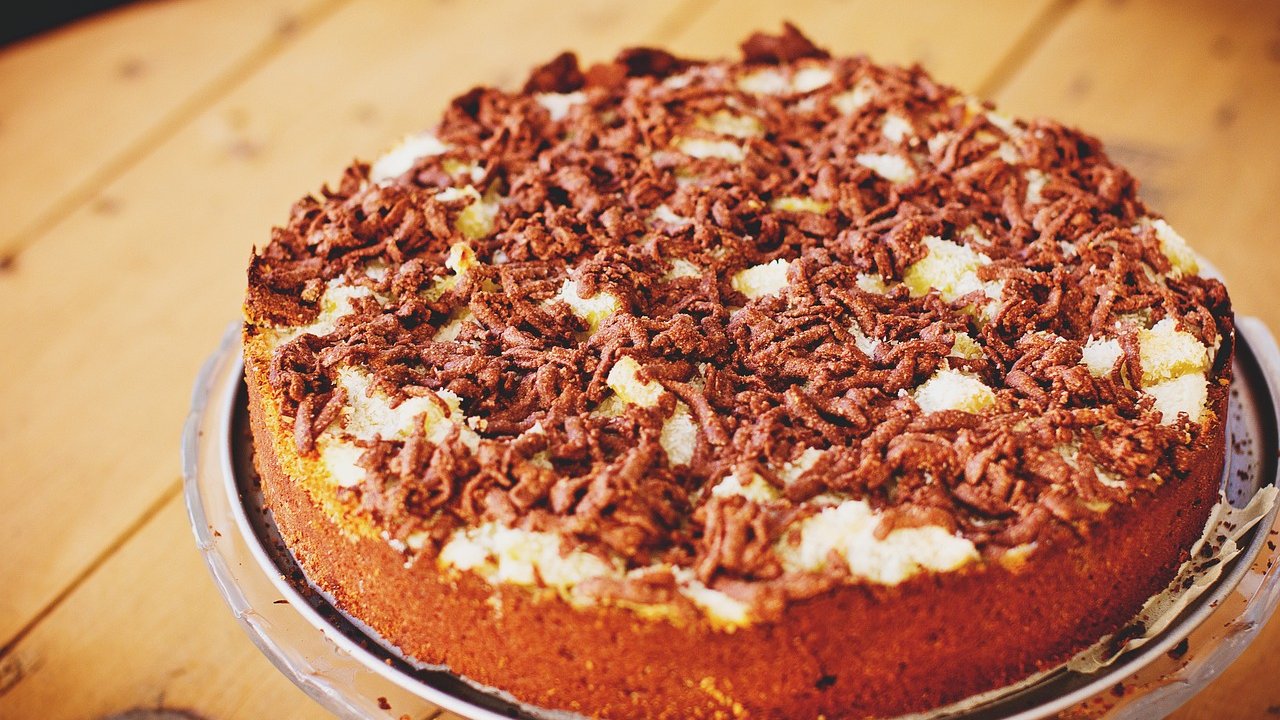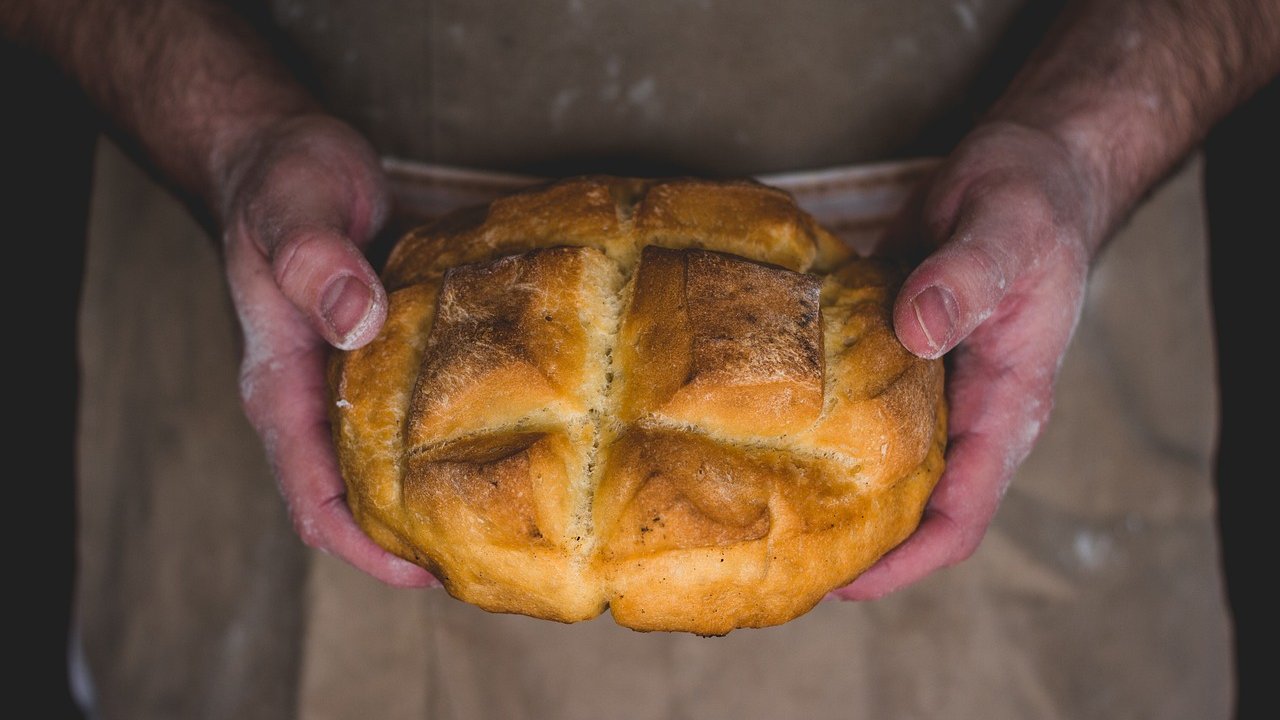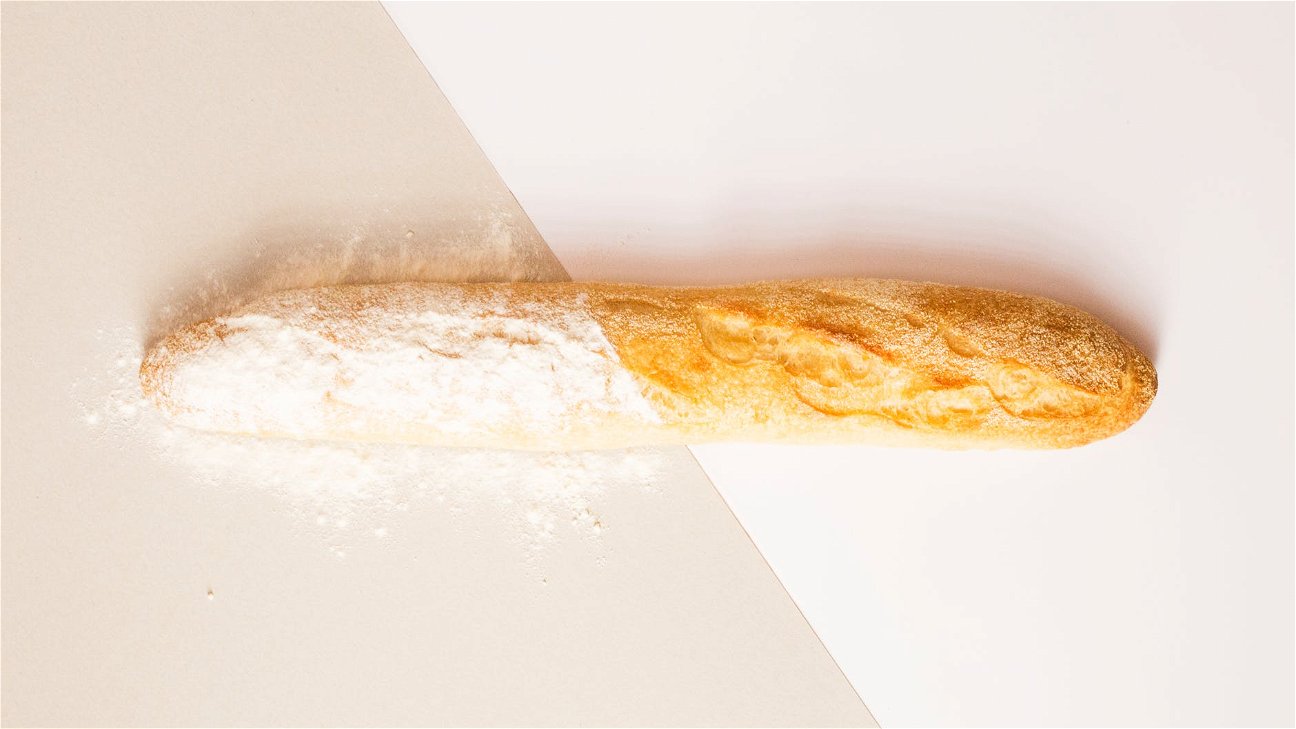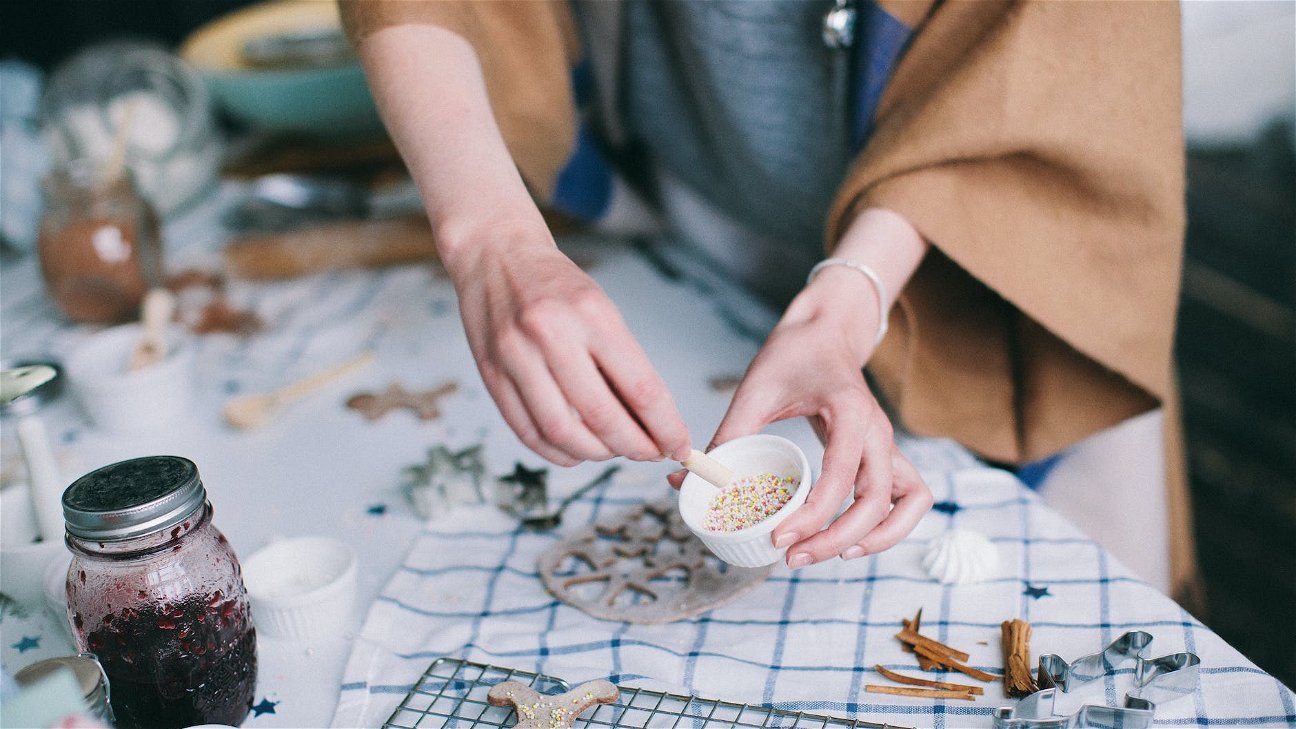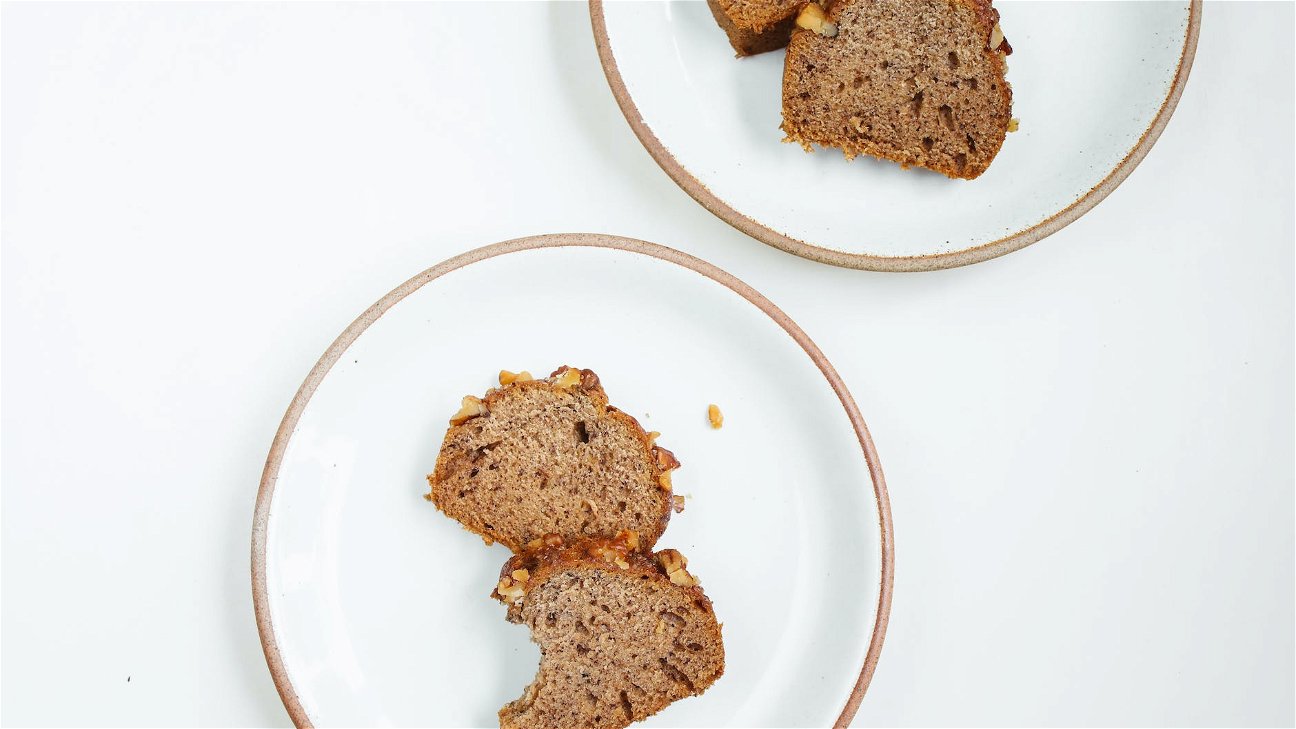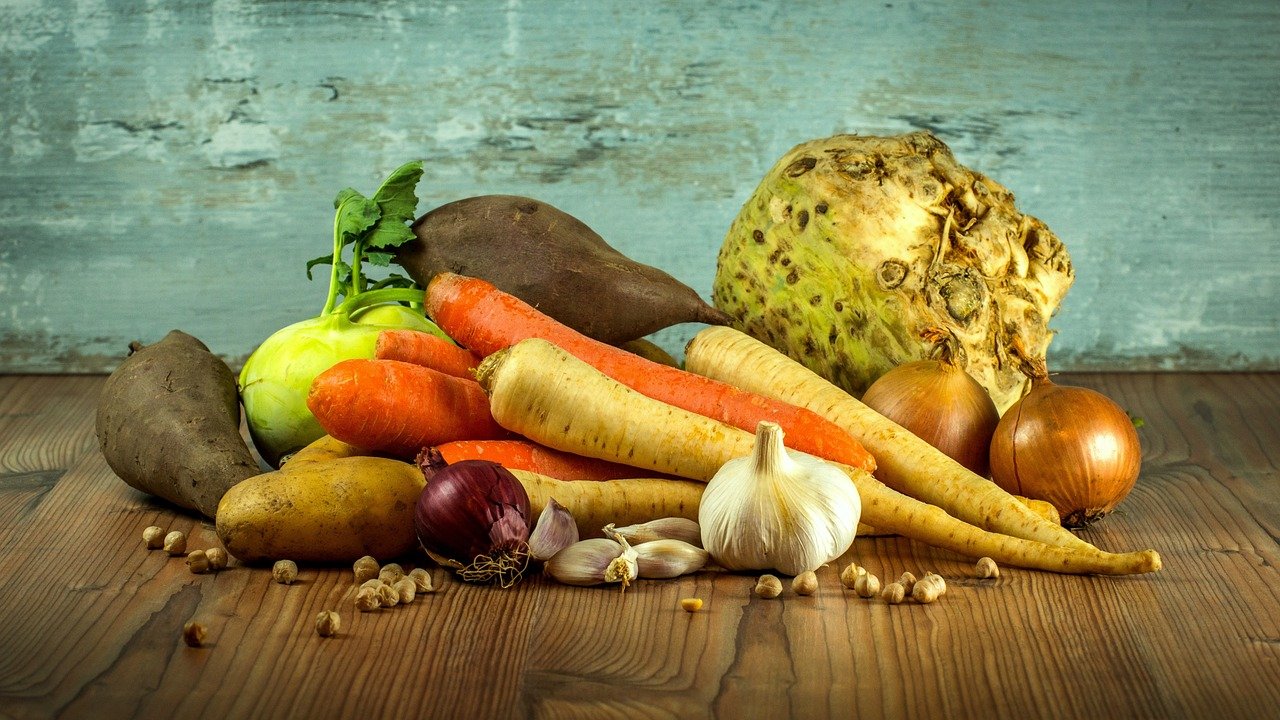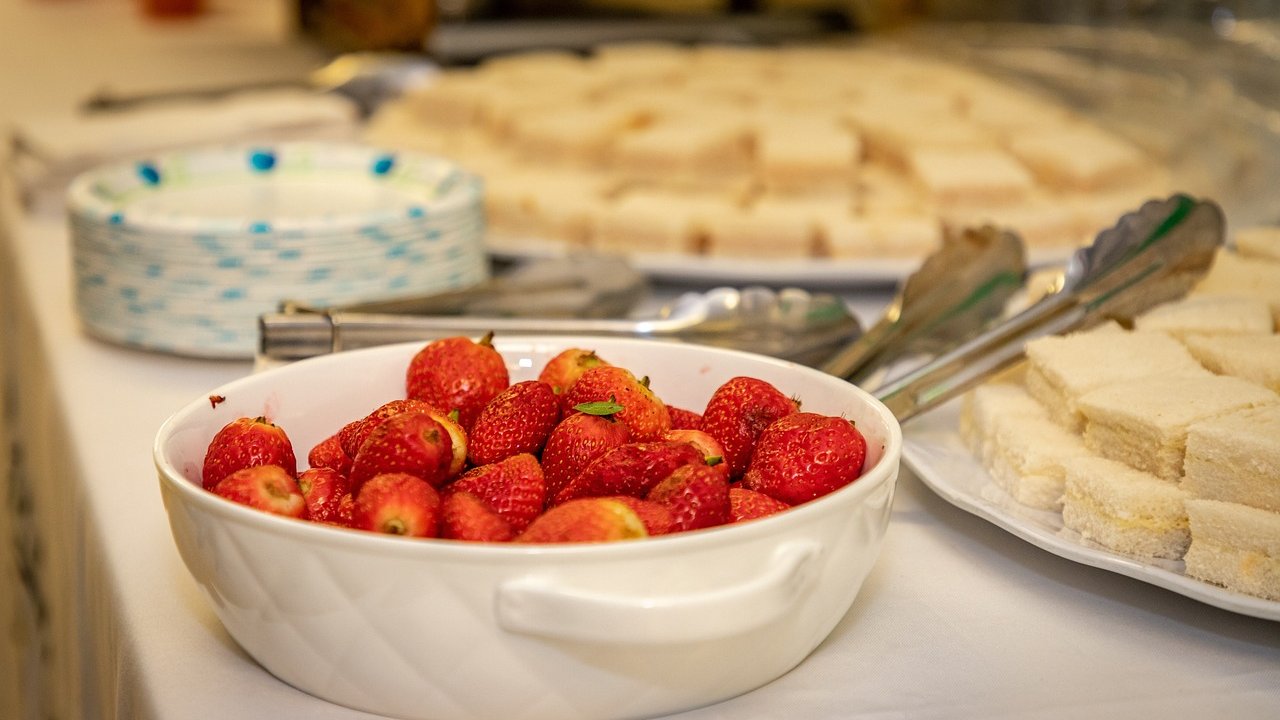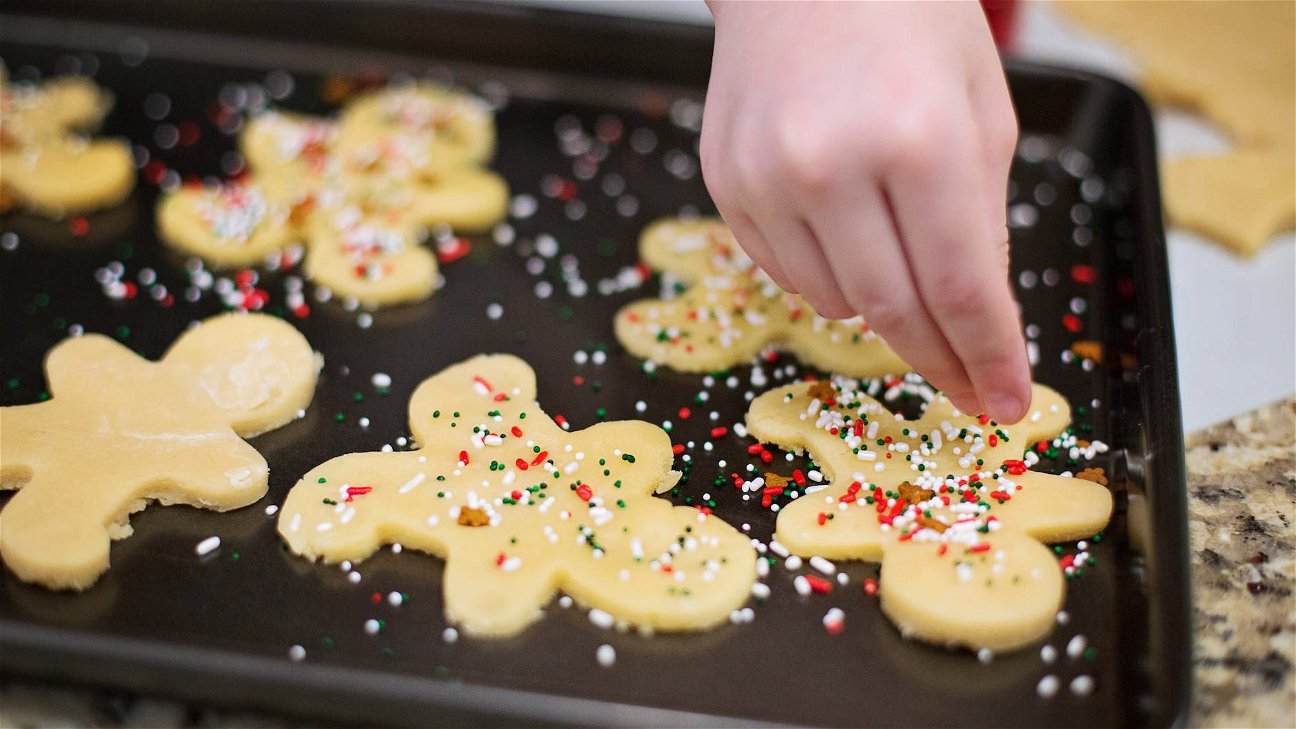
Eggless baking can seem like a daunting task, especially for those who are new to the concept. However, when armed with the right knowledge and tools, it's a skill that can open up a whole new world of culinary possibilities. Whether you're a vegan, allergic to eggs, or simply out of eggs, this guide will help you navigate the exciting world of eggless baking.
Understanding eggless baking
When baking without eggs, it's important to understand their role in traditional recipes. Eggs provide structure, leavening, and moisture to baked goods. They also act as a binder, holding the other ingredients together. In eggless baking, we use substitutes that perform these same functions.
There are several egg substitutes available for baking, each of which can provide a unique texture and taste to your baked goods. Some common substitutes include:
-
Applesauce: This is an excellent substitute for eggs, providing moisture and a slight sweetness. It works best in cakes, muffins, and breads.
-
Yogurt or Buttermilk: These dairy products can provide the necessary moisture for your baked goods. However, they may not be suitable for vegan baking.
-
Flaxseeds or Chia seeds: When mixed with water, these seeds create a gel-like substance that can mimic the binding properties of eggs.
-
Silken tofu: This can provide structure and moisture to your baked goods, making it an excellent choice for dense, moist cakes and brownies.
-
Vinegar or Lemon Juice with Baking Soda: This combination creates a chemical reaction that can help your baked goods rise.
-
Aquafaba: This is the liquid from a can of chickpeas, and it can be used as a direct substitute for egg whites.
Mastering eggless recipes
The key to mastering eggless baking is experimentation. It may take a few tries to get the right texture and flavor, but don't be discouraged. With practice, you'll be able to convert almost any recipe to an eggless version.
Here are a few general tips for successful eggless baking:
-
Start with simple recipes: If you're new to eggless baking, start with simple recipes like cookies or muffins. As you gain confidence, you can move onto more complex recipes like cakes or pastries.
-
Follow the recipe: Eggless baking is more of a science than an art, so it's important to follow the recipe exactly.
-
Stick to fresh ingredients: Fresh ingredients can make a big difference in the taste and texture of your baked goods.
-
Be patient: Eggless baked goods may take a little longer to cook, so be patient and don't rush the baking process.
-
Experiment with different substitutes: Don't be afraid to experiment with different egg substitutes to see which one works best for you.
Converting traditional recipes to eggless
Converting traditional recipes to eggless ones can be a bit of a challenge, but with a few tips and tricks, you can make it work. Here's a simple guide to help you get started:
-
Determine the role of eggs in your recipe: Are they acting as a binder, a leavening agent, for moisture, or for richness?
-
Choose your egg substitute: Pick a substitute that can perform the same role as the eggs in your recipe.
-
Adjust baking time: Eggless baked goods may require a slightly longer baking time.
-
Experiment: It may take a few tries to get the recipe right, so be prepared for some trial and error.
Eggless baking can seem intimidating, but once you get the hang of it, it can be a fun and rewarding way to explore new flavors and textures. Whether you're baking for dietary reasons or just for fun, eggless baking can open up a whole new world of culinary possibilities. So why not give it a try?
